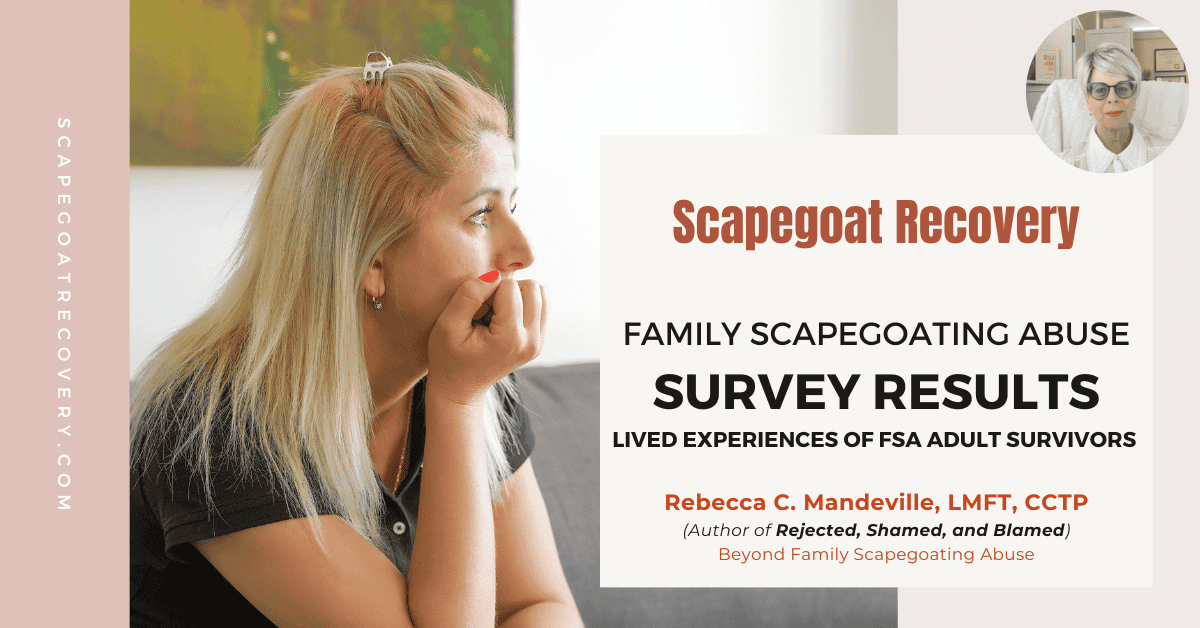Study on Childhood Verbal Abuse
I’ve noticed within the Mental Health field that the scapegoating of a child or adult child is frequently referred to as a form of ‘verbal abuse’, which I find concerning and somewhat misleading, given that FSA is driven by psycho-emotional, systemic processes in dysfunctional or narcissistic family systems, hence it can be covert, insidious and subtle…




